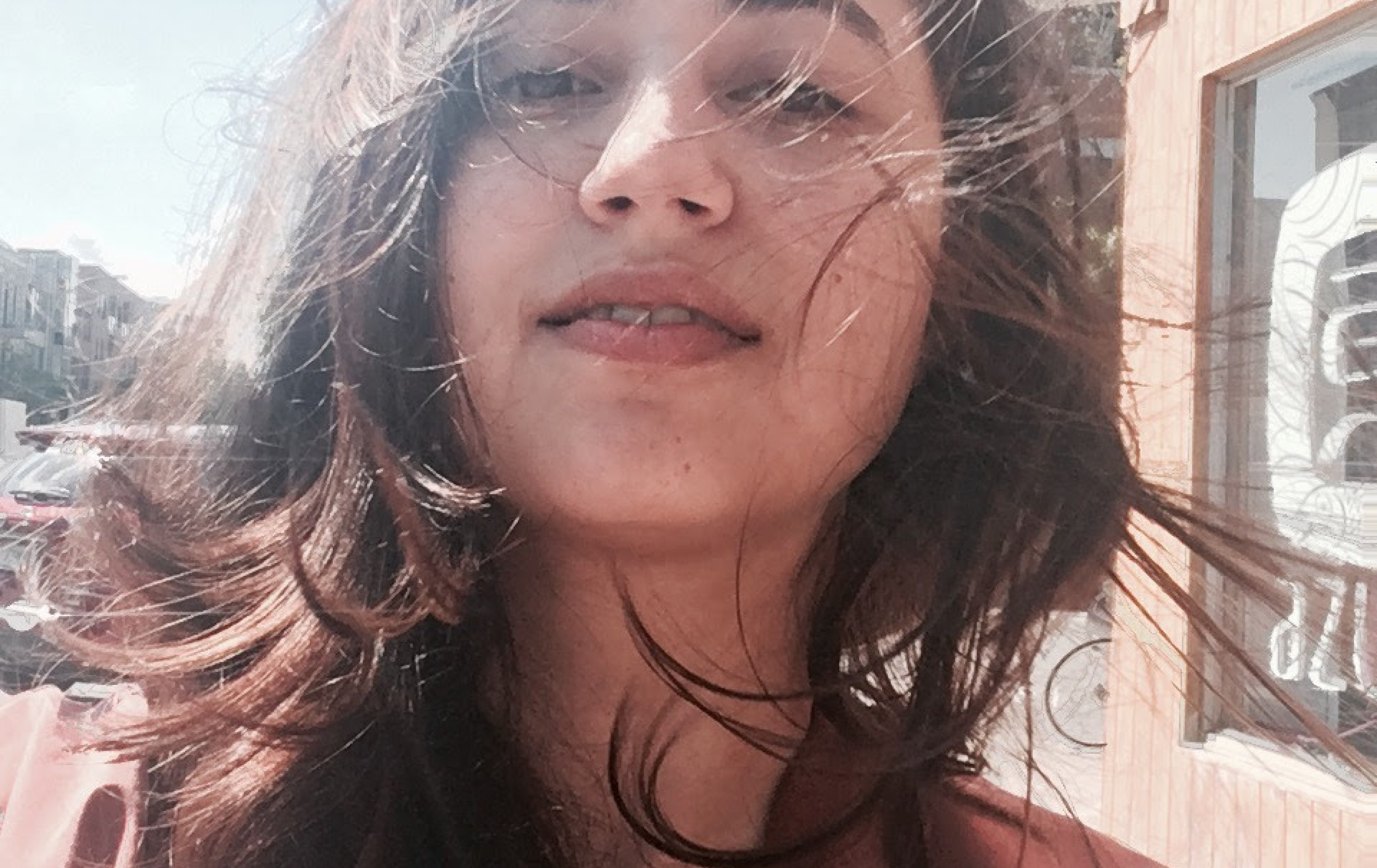
Orpheus is welcoming visiting researcher Zeynep Toraman
News September 8, 2022Zeynep Toraman's practice-based research explores the ways in which texts (in the broadest sense of this word) can interact with one another within the larger framework of musical compositions, by way of thinking of her own library as an archive, and enfolding autobiography, poetry, fiction and history within her music works and artist’s books. Working with gleaned fragments of the historical, her compositional project explores the way in which these relics of the past can be used to comment on the contemporary.
Past and recent collaborators include Ensemble Musikfabrik, Lauren Cauley, ELISION, Ensemble Linea, Quatuor Diotima, Distractfold Ensemble, Ensemble Adapter, Amie Weiss and Nicola Barbieri, Noam Bierstone, and the Wet Ink Ensemble. Her music has been performed at festivals such as Darmstadt Ferienkurse (Darmstadt, Germany), Philarmonie de Paris Tremplin de la création (Paris, France), Summer Academy Schloss Solitude (Stuttgart, Germany), IRCAM ManiFeste (Paris, France) and Wet Ink Large Ensemble Readings (New York, NY). Her research has been supported by the German Academic Exchange Service (DAAD) and Goethe Institute.
In September 2017, she joined the doctoral program in composition at Harvard University, Cambridge, MA, where she studied with Chaya Czernowin and Hans Tutschku. Currently she is a Lecturer at the Institut für Elektronische Musik und Akustik (IEM) at the Kunstuniversität Graz.
Research Statement
In my practice-based research I strive to define and develop an intertextual creative methodology which presents an explicit and material method of interacting with the musical canon and explores how this method of working with gleaned fragments of the past can be used to comment on the contemporary. The project links contemporary composition to current discourses in archival studies. Taking Stéphanie Serra’s description of the library as “a central material for intellectual exchanges” as a starting point, I approach my own personal library as a site for meditation, and as a rhizome structure which connects any point to any other point.
Currently focusing on renderings of nature in the 19th century imagination, my recent works explore an ecological methodology for working within the idiom of chamber music, by introducing a degree of indeterminacy into the harmonic, formal and instrumental idioms of 19th century music and then submerging them into an untamed territory, on that enhances the environmental and creaturely aspects of their nature. By submerging these fragments into wide, quiet sound spaces I capture in my work the sense of a “musical twilight,” for the subtle relations between various materials are best experienced in twilight, since the low light sharpens our senses and allows us to feel the close proximity of things. These fragments surface momentarily, only to disappear the very moment they start to take form, leaving nothing more than their scent and a vague memory behind, allowing one to find connections, echoes and coincidences that occur while listening, reading and re-listening and re-reading, asking to be perceived instead of to be deciphered.
The piece I will be working on during my residency at the Orpheus Institute is part of my ongoing song cycle project, which, in its larger context, is an investigation of the genre of the through-composed art song. The third and final part of this larger piece will be realized in collaboration with soprano Naomi Beeldens, and will be designed as a performance-activated sound installation.

